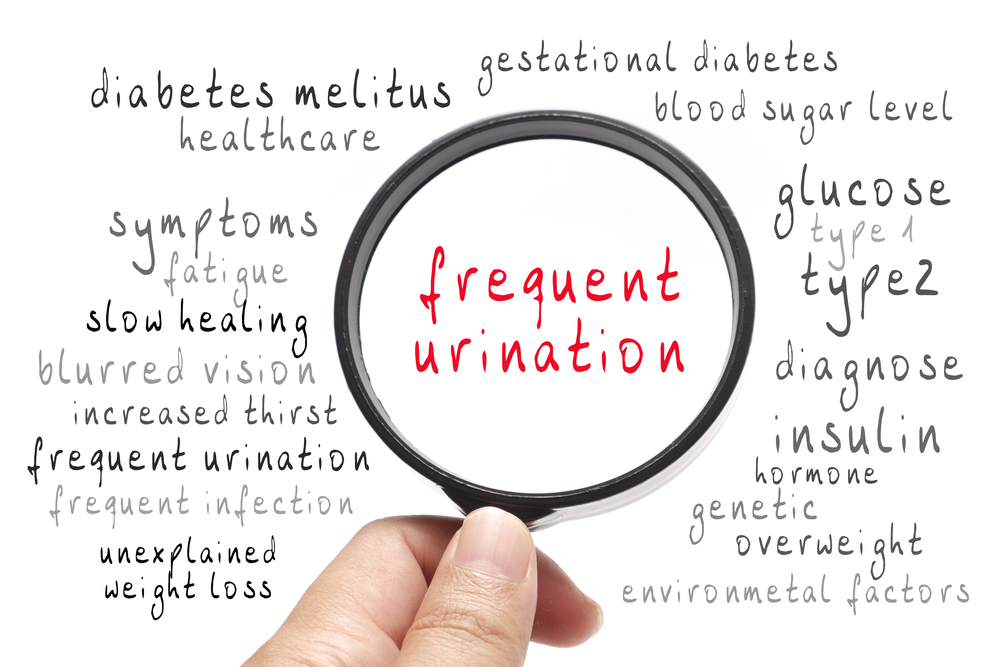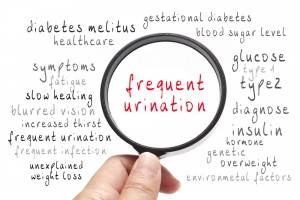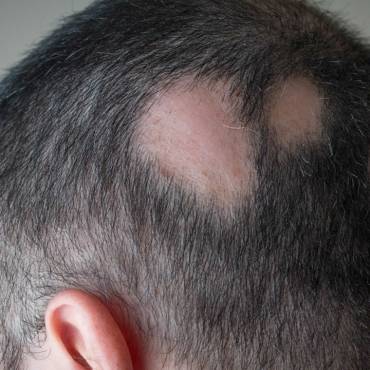If you need to visit the restroom frequently, you may have a disorder known as Frequent Urination. Read on to know how to stop frequent urination.
An individual goes to the loo at least six to eight times a day. If you need to go number of times, it could mean you are drinking a lot of fluids, or it can also indicate a health issue.
Frequent urination can be a symbol of a host of problems. The medical term for the issue is known as Polyuria. Unfortunately, most people think that it is an issue not worth thinking about or that they are scared it might indicate something serious. But more often than not they realise that it is not harmful or serious and that it is easy to return to normal conditions.
Some of the symptoms of frequent urination are:
• The urge to urinate more frequently than usual
• The urge to urinate even though you just urinated
• The need to urinate more than twice per hour
• The urge to urinate even if you have not taken any liquids
• You get the urge to urinate but when you go to the washrooms, there is little or no urine
What causes frequent urination is answered in an easy way here:
Some causes of the condition include:
• Urinary tract infection – It is one of the most common causes of frequent urination, which affects a lot of people every year. It can happen when there is an infection in any part of the urinary tract including the kidneys, the bladder, urethra and the ureters.
Infection happens most in the urethra and the bladder. The infection occurs when a bacteria enters the urinary tract. It can be due to poor hygiene or sexual intercourse. Apart from the need to urinate frequently, the person may also experience a burning sensation while urinating. The urine may smell bad and appear cloudy.
• Prostrate problem – An enlarged prostate exerts pressure on the urethra, which disrupts the flow of urine and leads to frequent urination.
• Overactive bladder – This happens when the bladder experiences frequent contractions. This causes the affected to urinate more frequently.
• Diabetes – Urinating frequently with a large amount of urine is an early symptom of diabetes. The body gets rid of unused glucose through urine; hence, the large volume.
• Pregnancy – As the uterus grows, it presses against the bladder and this result in frequent trips to the loo.
How to stop frequent urination is a big question:
It is best to consult your doctor as soon as you notice the issue. The earlier you seek treatment, the greater are the chances of a successful treatment. Some other factors that can be linked to frequent urination include:
• Injury or disease of the bladder
• Any changes in the nerves, muscles or tissues that affect bladder function
• Some cancer treatment
• Beverages or drugs that enhance urine production
Depending on the cause, there may be other urinary issues including:
• Discomfort or pain at the time of urination
• Urgent desire to urinate
• Difficulty in passing urine
• Little bladder control
• Change in urine color
There is inconsistency in the manner in which the urine leaves the bladder. It maybe is difficult to start urinating, or the urine may stop before you have emptied the bladder requiring you to strain to urinate. These symptoms may occur at all times or intermittently. These may be barely noticeable or very annoying.
You should consult a doctor when frequent urination begins to interfere with your everyday activities. You should visit your doctor immediately if you face any of these symptoms:
• Pain in your back or side, vomiting
• An increase in hunger or thirst
• Unexplained weight gains or loss
• Blood in urine
• Fatigue
Frequent urination can be the result of side effects of various medications. Diuretics that cause increased urine production are used to treat heart ailments and high blood pressure. These medicines can often lead to frequent urination. Treatment is adjusting the dosage and decreasing the intake of fluids when the patient is on the medication.
To conclude, frequent urination is a common symptom and must be addressed and treated as soon as possible. If the condition persists, a thorough evaluation must be done to understand what causes frequent urination and formulate a treatment plan.




